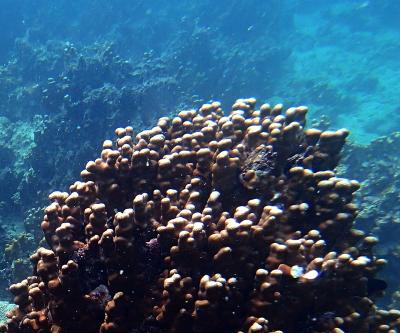A strong electric field applied to a section of the Keystone pipeline can smooth oil flow and yield significant pump energy savings, found a new study.
The physics basis is to electrically align particles within the crude oil, which reduces viscosity (thickness) and turbulence. Traditionally, pipeline oil is heated over several miles in order to reduce the oil's viscosity, but this requires a large amount of energy and counter-productively increases turbulence within the flow.
Researchers focusing on a new way to discuss statistical mechanics have modeled "World War Z", an oral history of the first zombie war, to explore how an "actual" zombie outbreak might play out in the U.S.
The National Academy of Sciences is presenting its 2015 Public Welfare Medal to astrophysicist Dr.Neil deGrasse Tyson, Director of the Hayden Planetarium of the American Museum of Natural History, in recognition of his "extraordinary role in exciting the public about the wonders of science, from atoms to the Universe.”
It's been over 50 years since the first experimental use of adult stem cells - bone marrow transplants - began, and in that time over 1,000,000 hematopoietic stem cell (HSCT - cells isolated from the blood or bone marrow that can renew themselves and differentiate to a variety of specialized cells) transplantations (have been performed in 75 countries, but there are striking variations between countries and regions in the use of this lifesaving procedure and high unmet need due to a chronic shortage of resources and donors that is putting lives at risk.
Nature is all about booms and busts - it is common for species to grow too large to be sustainable. Humans were once that way too, but science has now made it possible for even the poorest people to be fat. We no longer have a feast or famine existence.
And the worst thing you can do to lose weight is go on a 'crash' diet, according to modern nutritional thinking - your body quickly goes into starvation mode. But that is in the short term, clearly if you were to go on a starvation diet for any extended period, you lose a lot of weight, it happens every season on "Survivor". Mitochondria, the little energy factories in our cells, are nimble about optimizing what they have and do not have.
Reefs are made up of many coral species that live in a mutually beneficial symbiotic relationship with microscopically small algae hosted in their tissue. These symbiont algae produce sugars that contribute to the diet of the coral in return for shelter and nutrients that are vital for algal growth.
A symbiotic association is vulnerable to changes in environmental conditions, like seawater temperature. Heat-stress induced loss of the algal partners from the coral host can result in the often fatal process known as 'coral bleaching'.
A new species of algae has been discovered in reef corals of the Persian (Arabian) Gulf where it helps corals to survive seawater temperatures of up to 36 degrees Celsius - temperatures that would kill corals elsewhere.
 What Next For Messenger RNA (mRNA)? Maybe Inhalable Vaccines
What Next For Messenger RNA (mRNA)? Maybe Inhalable Vaccines Toward A Single Dose Smallpox And Mpox Vaccine With No Side Effects
Toward A Single Dose Smallpox And Mpox Vaccine With No Side Effects ChatGPT Is Cheaper In Medicine And Does Better Diagnoses Even Than Doctors Using ChatGPT
ChatGPT Is Cheaper In Medicine And Does Better Diagnoses Even Than Doctors Using ChatGPT Even After Getting Cancer, Quitting Cigarettes Leads To Greater Longevity
Even After Getting Cancer, Quitting Cigarettes Leads To Greater Longevity








